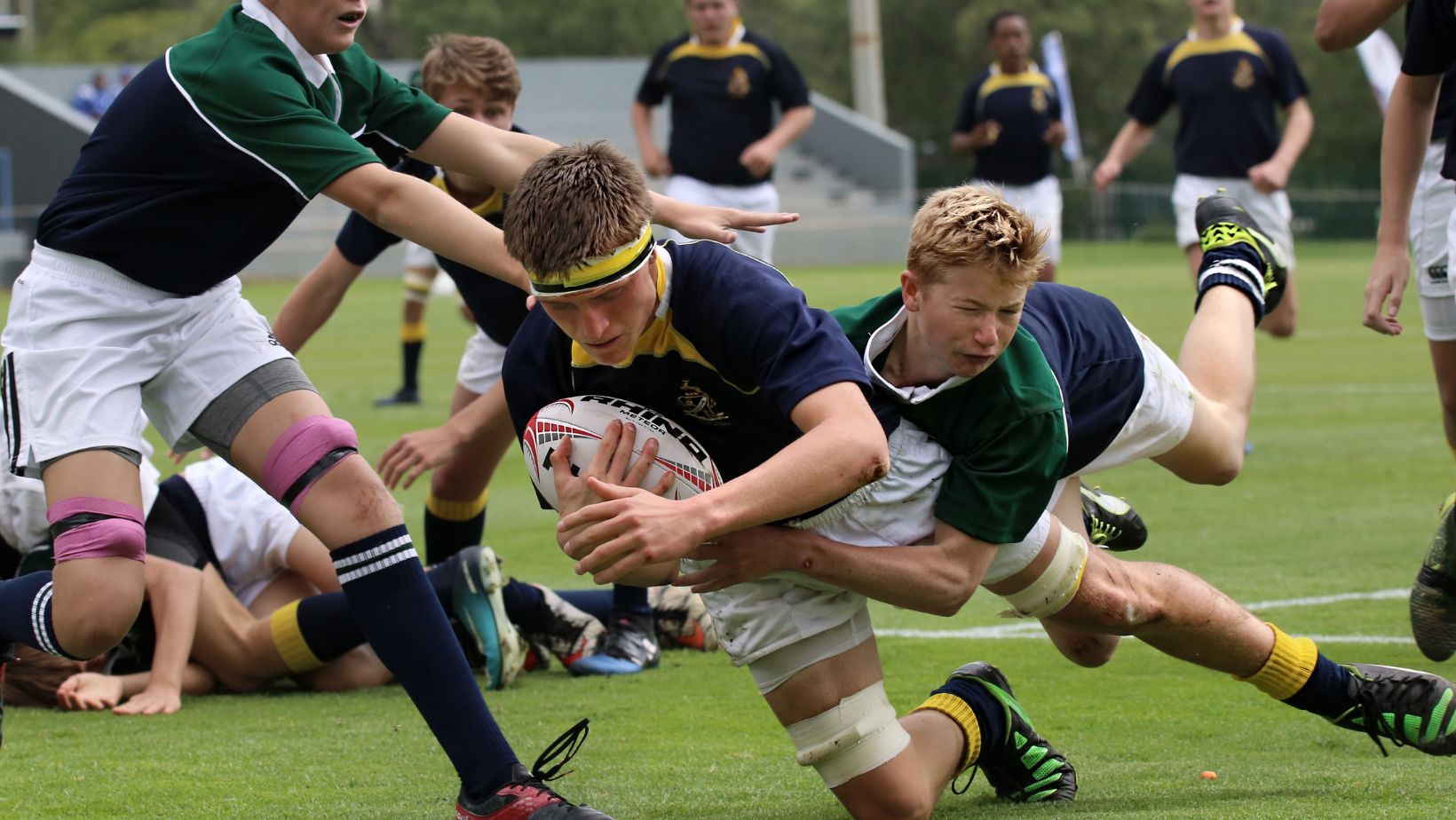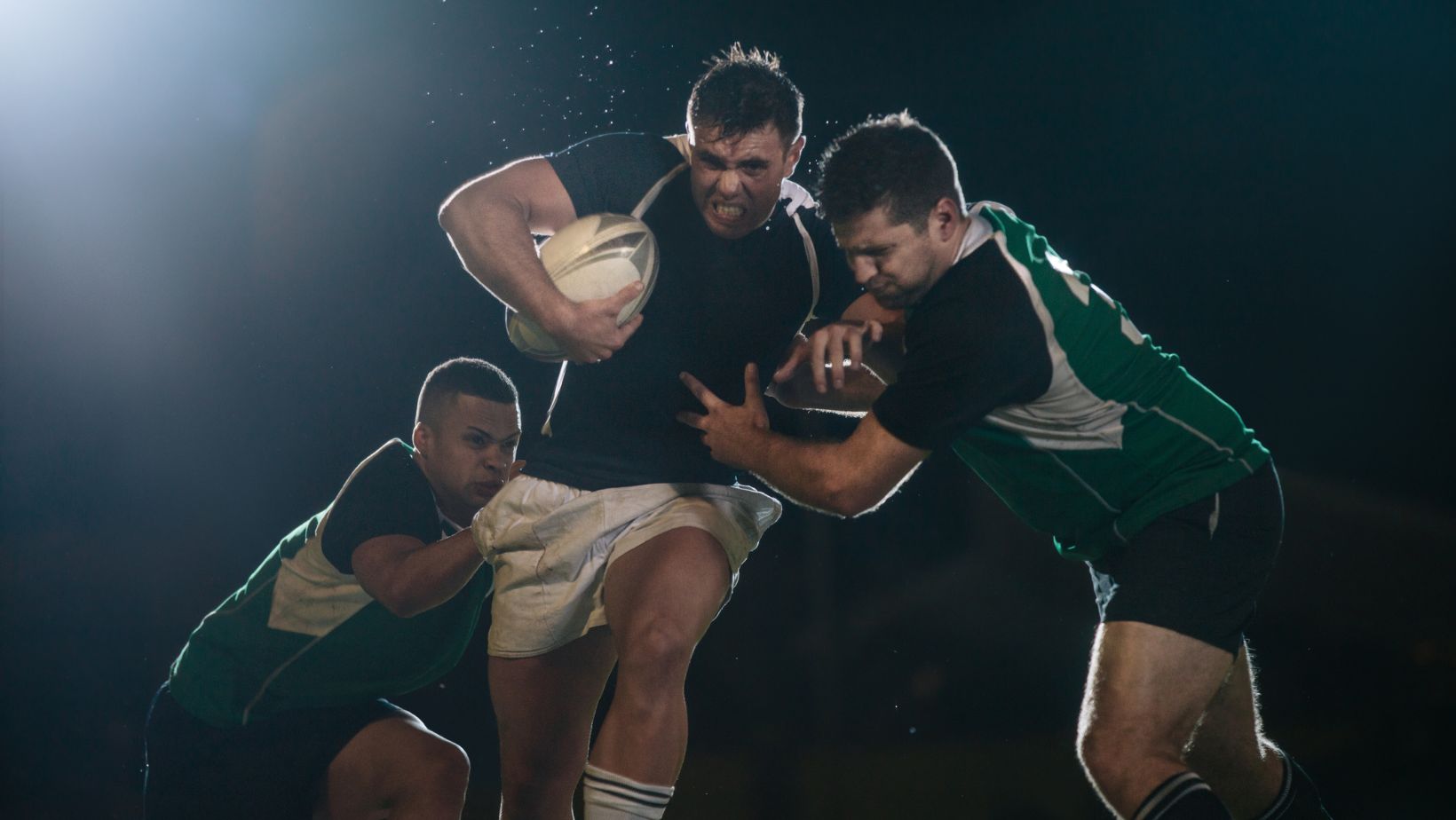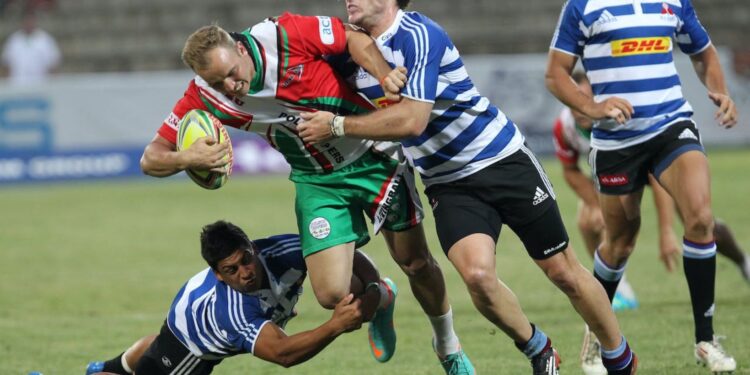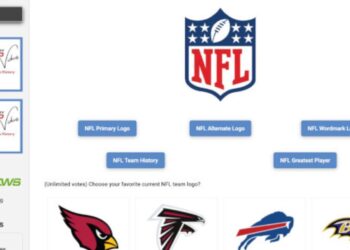A stunning rugby league season has concluded, but all sights will already be on the start of the new campaign next year.
However, some of the biggest teams worldwide will have to get to grips with the latest law changes that have been put into place by the RFL ahead of the 2024 season.
Some of the changes are radical, meaning that it could take a while for players and coaches to get up to speed, but they promise to have a significant impact on the game as a whole, which could attract new followers to the competition.
Changes To Scrum
One of the biggest changes for the scrum in rugby league is the alterations regarding scrum penalties. The changes in law indicate that players can now take the option of resetting the scrum, which is a huge change from the previous law, which showed that they could only happen for early detachment.
This slight alteration in how scrums work in rugby league could have a massive impact on the attacking play in fixtures worldwide. The change will likely encourage attacking plays from the scrum, as it will disincentivize a deliberate penalty conceding.

Lawmakers have gone further with this law, as the sin bin can be used for repeat offenders to ensure the game is played fairly.
Restarting The Tackle Count
One of the other biggest law changes announced before the start of the new season is restarting the tackle count. This occurs when a defensive team infringes on the 40-metre area of the team in possession. Officials will award a penalty following this instead of restarting the tackle count.
However, lawmakers felt that some teams deliberately tactically used this. The sweeping changes mean there will now be greater sanctions on the field for flops and ensuring players genuinely attempt to play the ball with the foot.
As part of the changes, referees will look harsher on what they deem to be tactical use of the rule, and sanctions in-game could be much stricter, particularly over the season’s opening weeks.
18th Man
There have long been rumors that teams will be able to call upon an 18th man if the team’s two 17th players fail HIAs. This very significant rule puts players’ welfare at the forefront.
It will ensure that teams will have players to call upon if there is a serious head injury during the match and will offer greater freedom to teams to ensure that their stars are fully fit again before returning to the field. Medical professionals have widely applauded the changes within the sport as a step in the right direction.
Reckless Tackles
Rugby league organizers will also be clamping down on dangerous tackles in competition from the start of 2024, with the new category of ‘Dangerous Contact’ added. This regards contact to the ball carrier’s lower limbs, where players still need to make a ‘controlled’ effort to make a tackle.
This law has been teased for several years, and it was brought to the forefront earlier this year after Saints boss Paul Wellens was left frustrated following two dangerous tackles by John Asiata. Both tackles left Saints stars with long-term injuries, and the new law likely responds to the backlash.
The law states that the direction of the tackle must be toward the floor, and harsher punishments could be heading the way of tacklers if they attempt to drag down opponents that are already off their feet or have made contact with the legs of a player below the knee.
Green Card
The final law change on the agenda at the meeting was using a Green Card in rugby league matches. These were introduced to the Super League in 2023 and will continue at the top level of the competition but not in the second tier in England.

A significant change is the fact that Green Cards will only be issued to defending teams, and they will not be dished out to players carrying the ball. Comments from lawmakers claimed that this will be shown to teams to reduce the time it takes to deal with injured players on the field.
However, the state also confirmed that it wouldn’t take player welfare any less seriously. The statement clarifies that the doctors will be directly conversing with the official to state how serious injuries on the field could be to the defending player before a green card is issued.






